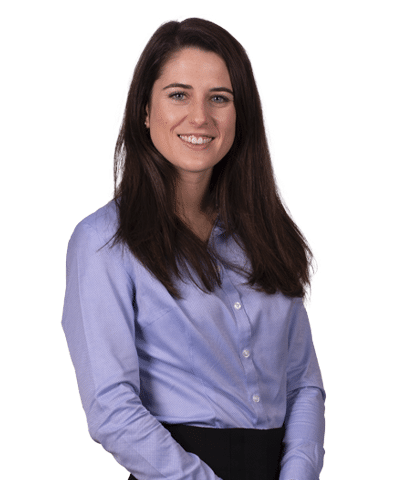
The pandemic has revealed the pros and cons of each nation’s health system and ability to handle a major crisis. The recent events have stirred many life decisions in terms of settling in a new environment and starting a new life somewhere else.
Switzerland offers a high quality of lifestyle combined with excellent healthcare infrastructures, a stable government system and highly competitive academic institutions. Divided into 26 cantons and three distinct parts, Swiss German, Swiss Italian and French-speaking (Romandie), most cities are nestled between lakes and mountains.
The Covid-19 has hit the country but the large scale vaccination program resulted in a steep drop of new cases and life is slowly coming back to normal.
First step
Located in the heart of Europe, Switzerland is a convenient place to settle. Most airlines relay Switzerland to the rest of the world, Geneva or Zurich are only 1h away from Paris and London.
If you are considering moving to Switzerland, the first step is to select a future canton of residence.
The language spoken in the canton could determine your choice, as well as many other factor such as the cantonal tax structure, the types and prices of properties available, personal ties or family connections in a specific area.
Zug offers the lowest taxation structure but Geneva, Vaud and Zurich cantons are usually the cantons preferred by expats, where English is commonly understood.
Second step
Once you have determined where you would like to settle in Switzerland, you will need to apply for a residency permit (B permit).
It is the cantonal immigration authority who will deliver the permit, in some cantons the communal immigration authority handles the application directly, where the foreigner must be declared within 14 days of arrival.
If you are a citizen member of one of the 27 EU/EFTA countries, you benefit from the agreement on the free movement of people (AMFP) allowing you to settle without a work activity in Switzerland.
You have 90 days to settle and apply for your Swiss residency permit upon arrival.
A retiree or person without an activity must be able to provide the proof of sufficient funds to cover his expenses and living costs in Switzerland (proof of personal assets or pension fund) and hold a valid health and accident insurance.
The applicant can buy a property and register a business once the B permit has been issued.
Non-EU citizens
Non-EU citizens must be able to demonstrate a certain level of financial means to be able to apply for a residency permit without working.
Unless meeting the requirements for the tax lump sum agreement, where the retiree can negotiate with cantonal tax authorities a yearly fixed amount of tax, obtaining a B permit for retirement must meet three conditions:
First of all, the retiree must be 55 years old minimum.
It is then required that the applicant demonstrates strong ties with Switzerland, such as proof of regular trips over the past years and existing social or family ties.
Lastly, proof of sufficient private funds to settle in Switzerland in the long-term must be demonstrated through bank statements or pension fund details. The application is first examined at the cantonal level, then at the federal level and the approval is dependent on the discretional power of authorities.
In practice, the applicant must be able to provide proof that his financial situation would allow him and his dependents to spend the rest of his life in Switzerland without ever requiring financial assistance from the canton.
The lump sum tax agreement provides a B permit to any foreigner meeting the cantonal conditions, which means paying taxes based on expenses and not on revenues.
Long-term Swiss residence
After 5 years holding the B permit, the foreigner and his family members can apply for a C permit providing permanent residency in Switzerland. Permanent residency opens the path to Swiss citizenship after 10 years of residence if the integration requirements are met.
Contact us to apply for your Swiss residency permit in Geneva, Vaud and Valais !
05/07/2021 – Alexa Mossaz, immigration manager at Legal Expat







